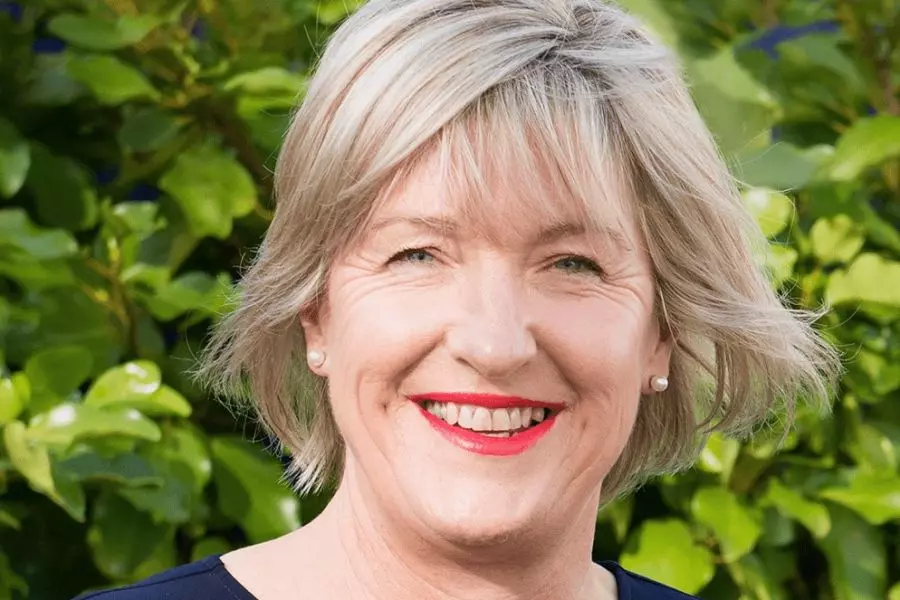News
Good tenants hard to find

Tuesday 20th of September 2022
Choice and bargaining power for tenants
However, in Auckland, the country’s biggest rental market, rents remained stagnant for the fourth month in a row at $600 a week. This is an increase of just 1% year-on-year.
Up until a couple of months ago the rental market was definitely in the landlords’ sphere but with an oversupply of rentals, l...
Want to read the full article?
Click the button below to subscribe and will have unlimited access to full article and all other articles on the site.






![[The Wrap] Bye Bye Bayly](https://goodreturns.publit.io/file/c_fill,w_900,h_600/39f23ac1-f7c7-4854-b700-a150004ebbac.webp)


